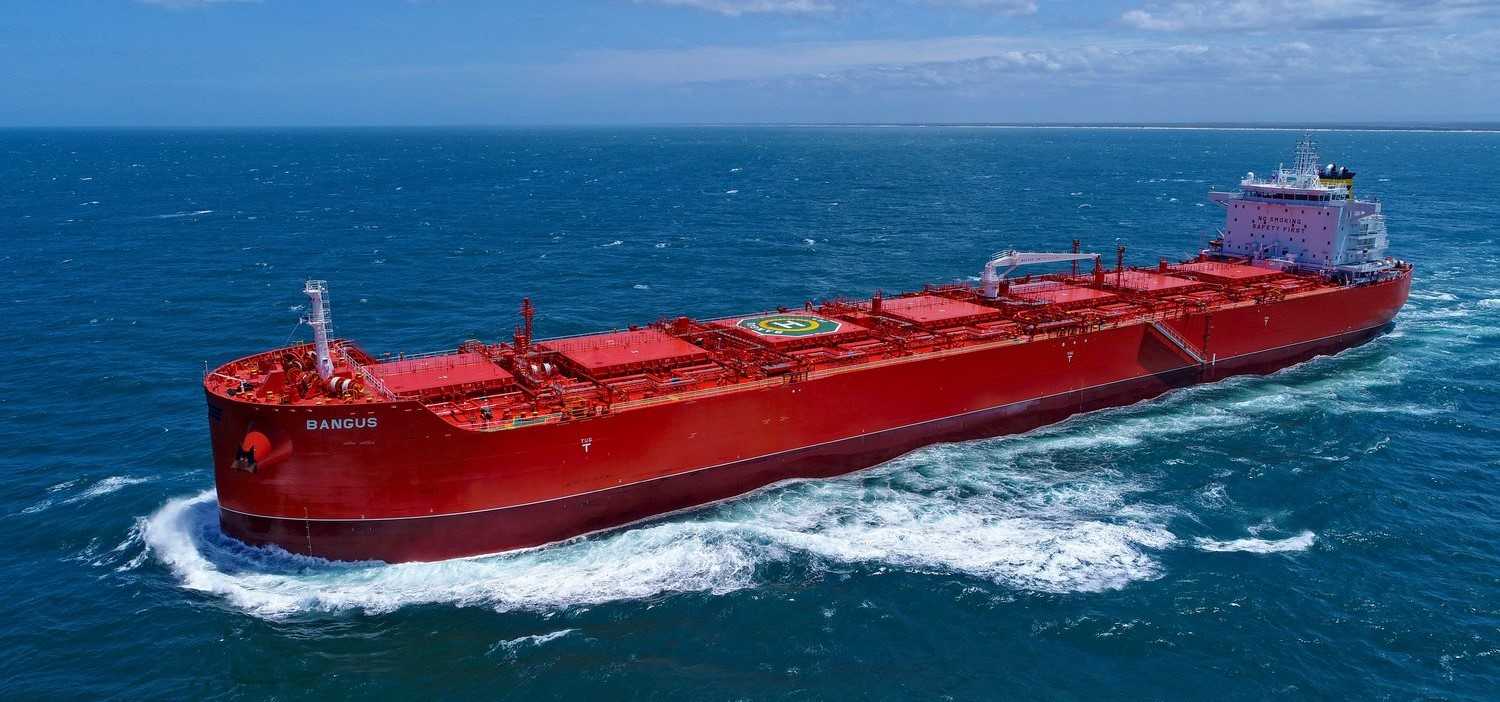Yangzijiang Shipbuilding secures repeat orders from KCC for three fuel-efficient CABU vessels with wind-assisted propulsion

- Repeat orders from KCC following the delivery of eight (8) award-winning CLEANBU combination carriers in 2021
- The new vessels are expected to reduce CO2 emissions by approximately 35% due to fuel-efficient features and improved cargo-carrying capacity
SINGAPORE – Yangzijiang Shipbuilding (Holdings) Ltd., together with its subsidiaries, a world-leading shipbuilding group based in China, and a Straits Times Index component company listed on the SGX Main Board, has been awarded a contract from Norwaybased Klaveness Combination Carriers ASA for the construction of three (3) 83,300DWT third generation CABU (“CABU III”) vessels, due for deliveries in 2026.
The CABU (III) vessels are combination carriers, which are designed to solve the inefficiencies found in the shipping industry. Single-purposed vessels like tankers and dry bulk carriers are more likely to sail empty and unladen to their pick-up destinations. On the other hand, combination carriers are capable of transporting both dry and wet bulk cargoes, such flexibility increases the odds of vessels being utilized in both legs of the journey.
The newbuilds are set to replace KCC’s older CABU vessels and are expected to reduce overall carbon dioxide (“CO2”) emissions by approximately 35% due to better fuel-efficient features including windassisted propulsion and improved cargo carrying capacity.
From 2019 to 2021, the Group successfully delivered eight (8) CLEANBU combination carriers to the Norway-based company. The vessel design for CLEANBU gained industry accolades for its technological sophistication. The return order is a testament to the workmanship and engineering prowess demonstrated by Yangzijiang.
Mr. Ren Letian, Executive Chairman and CEO of the Group, commented on the order win, “We are grateful for the immense trust placed in us by KCC and are honoured with the repeat order placed. Assisting our customer’s decarbonisation efforts, the new vessels will be equipped with greater fuel-efficient solutions such as wind-assisted propulsions. In addition, the inherent efficiency of combination carrier design will also help reduce the carbon footprint of the industry due to the reduction of idle sailing ”
Image courtesy - Klaveness Combination Carriers ASA (Website)
